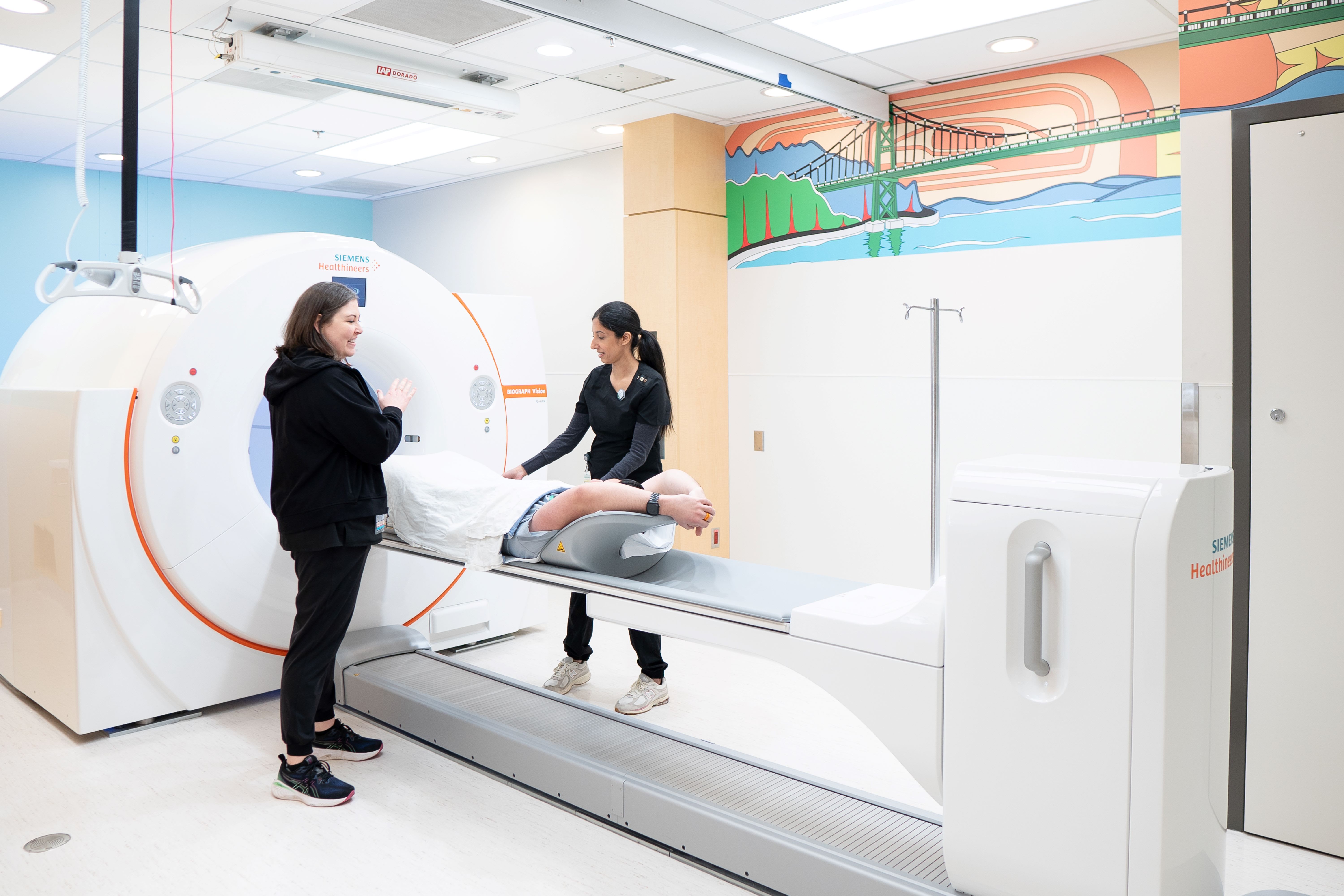Cancer research continues to reveal exciting advances
February 23, 2016
Cancer is a complex disease, and so cancer research is by necessity multifaceted and involves lots of collaboration. We are fortunate in B.C. to have strong research programs.
We do need to pay attention to research and programs in health promotion, cancer prevention, and early detection through screening as these can have profound effects on our overall goal of reducing the burden and death from cancer.
Expanding treatment options
In the area of biomedical and clinical research, two approaches—cancer genomics and immunotherapy—have seen extraordinary progress and excitement in the past few years.
We have very rapidly moved to a time where we can now describe the entire genetic makeup of cancer; understand the genetic changes that drive cancer and develop specific therapies that target these changes.
This is often referred to as personalized, or precision medicine—it has led to major improvements in diseases, such as chronic leukemia and lung cancer with a real hope that as we better understand the genetics of cancer we can develop an individualized approach for all of our patients. Our Personalized Onco-Genomics program is just one example of such an approach.
The progress in Immunotherapy has been similarly dramatic. It has been recognized for a long time that a cancer patient’s own immune system can control cancers, but it is only in the last five years that we have been able to fully translate our knowledge of Immunology into treatments that can stimulate a cancer patient’s immune system to fight and eliminate cancers.
When cancer cells are found, the T cells (found in our immune system)
go to work by punching holes in them and releasing enzymes that cause the tumour cells to dissolve.
Research gives us the courage to say, “cure”
The progress in some tumors, such as melanoma and lung cancer with these new immune based therapies has been quite remarkable. We are now seeing long-term remissions and cures in diseases that previously were very difficult to treat.
As an example of how these two research areas have transformed cancer treatment we have moved from a time where there were considered three pillars of cancer treatment (Surgery, Radiation Therapy and Chemotherapy) to now five pillars (Surgery, Radiation Therapy, Chemotherapy, Immunotherapy and Targeted Therapy).
My hope for the future is that we will continue our advances in cancer control and treatment at the same pace as we have seen in the past five years; that we can create a system that is sustainable and make all these advances available to patients in B.C. Further, we want to create a system where we learn from every patient with cancer we treat, so we can continue to make progress in the future.
Malcolm


